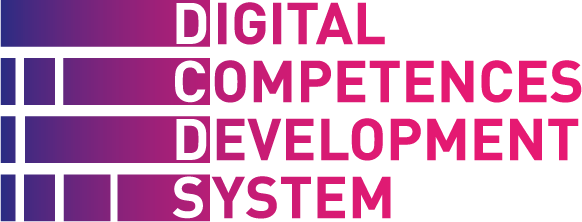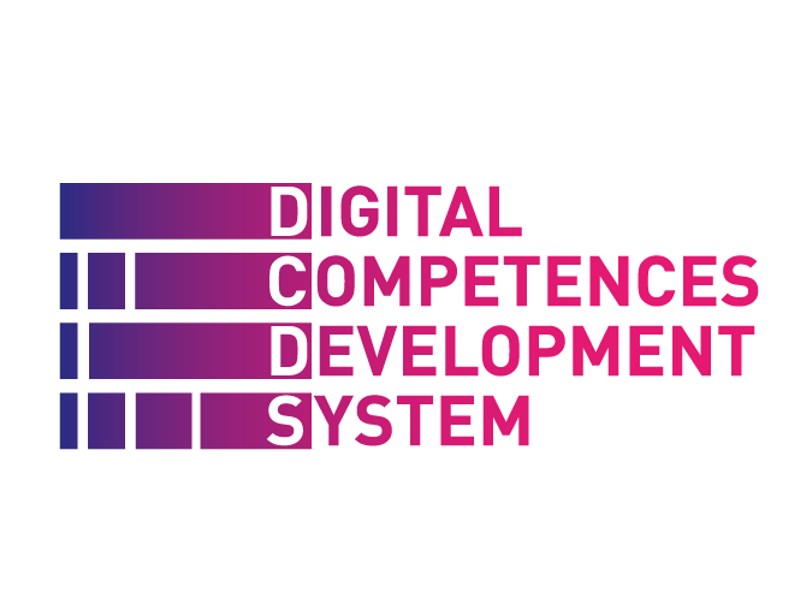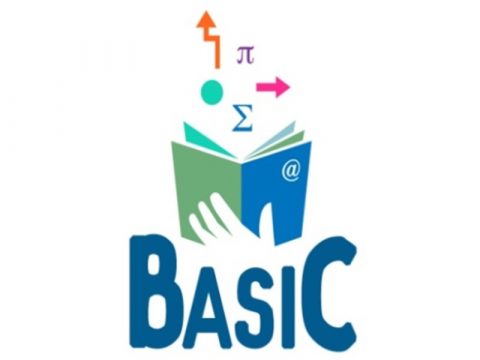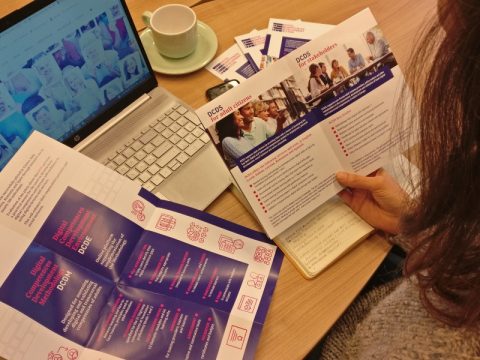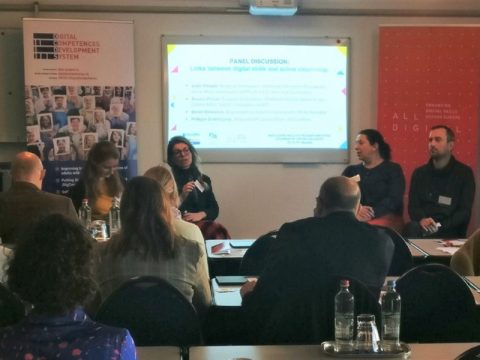During the two-year period of project implementation, there have been several important milestones. After the development of DCD Methodology and online learning platform (DCD Environment), the next important step was to deliver the developed tools to end-users - trainers and the target audience for testing the system in real life environment and evaluating it.
The pilot took place from March to June 2019 in five countries: Greece, Italy, Latvia, Romania, and Spain. Now, when all pilot sites in partner countries have finished their piloting phase, the first results and feedback can be presented.
According to the project plan, each piloting partner should have provided 60 hours of basic digital skills training to at least 25 adults with low digital skills. Following the developed DCDS training methodology, which integrates both formal and non-formal learning and is aimed at adults, generally older than 25 years, pilot training was organized through face-to-face sessions and individual work, using the online environment.
The main reason that I enrolled in the DCDS course was because I know that new information technologies have a significant role to play in linking the education system to the demands of a knowledge-based information society.
Loredana Bozdog, Romania
The trainers used an individual approach to each participant starting from first steps of initial assessment activities. With the support of a trainer where needed, each participant evaluated their existing competences through a Self-Assessment Test and established personal interests and preferences through an interview with the trainer, who was clarifying participants’ perception of missing digital skills and the problems that derived from that.
Participants
Overall the DCDS pilot in Italy, Latvia, Romania, Greece and Spain, involved 12 trainers and more than 200 pilot participants in six piloting sites (in Italy two partners organized pilot training in two sites). The experience of each partner organization was very interesting and unique, as each of the pilot sites addressed different target groups – seniors, employed adults, unemployed, teachers, migrants and other people falling under the criteria of “25+ low digitally skilled people”. However, the selected target group covers a wide range of different sub-target groups.
Most of participants of the pilot training were women (73%), even though they were not specifically targeted. Only in Romania the pilot more focused on employees of educational institutions (teachers, administration, etc.), who are highly qualified adults, but with low digital skills; and it is well known that most employees working in educational sector are females. Majority of pilot participants were in the age group of 55-74, as a few of pilot sites focused on seniors.
Breakdown by the level of education reflects differences in target audiences – over half of pilot participants had a secondary education level or lower, but 42% had higher education – bachelor’s degree or higher. Education level reflects the pilot group’s diverse skill level background, and during the piloting stage it was clear that the methodology, pace and learning approach should be applied differently, depending on the trainees' profile.
Expectations from the training
Pilot participants’ initial assessment and expectations highlighted the main areas they wanted to develop participating in the DCDS training programme. Their expectations were mainly in the areas of using internet for self-development and learning; and they wanted to increase their quality of life through learning how to use eHealth services and other public and private services. Interesting enough that the lowest priority was assigned to using internet for entertainment and leisure.
The training content was aligned to participants’ interests, emphasizing the areas that most of them wanted to develop.
The pilot evaluation demonstrates the growth of self-confidence and skills of the target audience
Participants were asked to evaluate their skills before and after the training; and, as the results show, participants have improved their knowledge in all areas, especially in office software usage and basic steps online. The trainers’ feedback added that the main expectation from participants had been the increase of digital self-confidence, which was successfully achieved.
Overall looking at the first feedback from pilot participants and trainers, their expectations were met, they were satisfied with participation and the DCDS methodology; the online platform was overall evaluated as a useful tool for digital competence development. Participants gained new competences and expressed interest for further development and participation in other digital skills training.
What I liked the most is the fact of having learned to perform simple operations on my own. For example, now I can check offices’ opening hours from home.
Alfredo Zeetti, Italy
Feedback provided from pilot sites gave valuable input for improvements of the DCDS Methodology and training organization. In September 2019 the full Piloting Report will be published with wider and deeper analysis of the piloting process and results.
